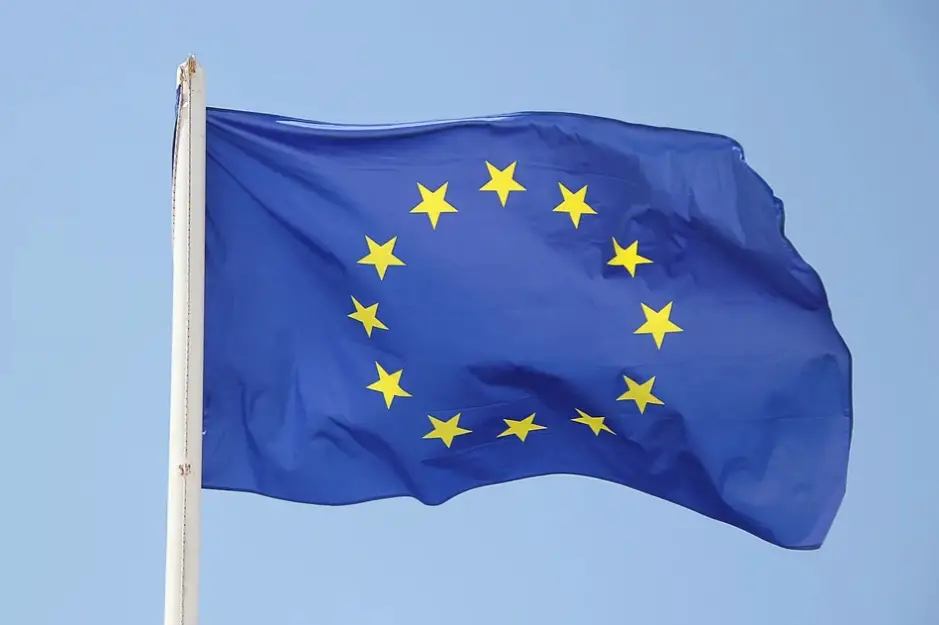
September the 21st, 2020 – The European minimum wage is set to be introduced, but what does that mean for Croatia, the Croatian minimum wage and the country’s employees?
As Poslovni Dnevnik writes on the 20th of September, 2020, European Commission President Ursula von der Leyen recently announced the imminent adoption of common rules, known as the European minimum wage, to help EU member states set their minimum wage amounts.
”Wage dumping destroys the dignity of work, punishes enterprises who do pay decent wages and distorts fair competition on the single market. Everyone must have access to minimum wages through collective agreements or on the basis of legal minimum wages,” von der Leyen stated.
Ensuring a fair minimum wage for all workers across the European Union is one of the priorities of Ursula von der Leyen, and the crisis caused by the coronavirus pandemic has further strengthened the demands for the European Union’s engagement in reducing growing wage gaps and poverty, writes tportal.
European Union countries have different approaches to regulating their respective minimum guaranteed wages. The minimum wage is prescribed by law in 21 countries of the European Union, and in six member states it is determined by collective agreements. Its amount varies considerably from country to country, depending on the country’s development, living standards and social sensitivity. According to the latest Eurostat data, the gross minimum ranges from 312 euros in Bulgaria to 2,142 euros in Luxembourg, and Croatia is at the bottom of the European Union scale with 546 euros.
The European Commission’s initiative is not to set a single minimum wage at EU level, known as the European minimum wage, or to change national minimum wage systems, but its main goal is to ensure that minimum wages are set at an appropriate level in order to protect all workers.
In early September, the second phase of advising European unions and employers on a fair minimum wage was completed. Based on the answers received, the European Commission will issue a proposal for a directive at the end of October with rules that will apply to all member states.
Ana Milicevic Pezelj, executive secretary for social dialogue and public policies of the Federation of Independent Trade Unions of Croatia (SSSH), who participated in the consultation, expects the Commission to accept the proposal of European trade unions to link the minimum wage to the average (medial) wage.
“The unions demand that the minimum wage be at least 60 percent of the median, or 50 percent of the average wage in a particular country,” Milicevic Pezelj revealed to tportal.
According to that criteria, the Croatian minimum would be between 3,400 and 3,500 kuna net, so 150 to 250 kuna higher than it currently stands. It’s worth recalling that Croatian Prime Minister Andrej Plenkovic himself promised that by the end of his term, his government would raise the Croatian minimum wage to 4,250 kuna.
For the latest travel info, bookmark our main travel info article, which is updated daily.
Read the Croatian Travel Update in your language – now available in 24 languages
Join the Total Croatia Travel INFO Viber community.







